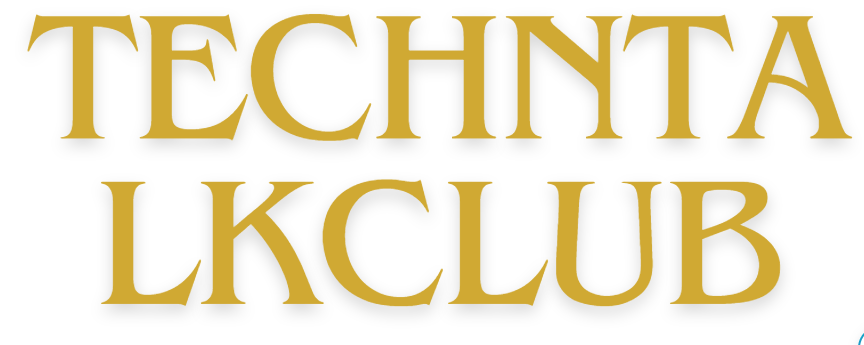What are the advantages and disadvantages of media and technology to our health?
December 17, 2023 | by amiradmin

Title: Navigating the Impact: Advantages and Disadvantages of Media and Technology on Health
Introduction:
In the contemporary world, the intertwining of media and technology has revolutionized the way we communicate, access information, and conduct our daily lives. While these advancements offer numerous benefits, they also pose challenges that can impact our health. This article explores the advantages and disadvantages of media and technology on our well-being.
Advantages:
- Information Access:
Media and technology grant unparalleled access to information. With a simple click or tap, we can retrieve data on health topics, empowering individuals to make informed decisions about their well-being. This democratization of information facilitates health education and awareness. - Telemedicine and Health Apps:
Technology has facilitated the rise of telemedicine and health apps, enabling individuals to consult with healthcare professionals remotely and monitor their health conditions. This has proven invaluable, especially in situations where physical access to healthcare may be limited. - Health Monitoring Devices:
Wearable devices and health monitoring tools have become increasingly prevalent. These gadgets can track physical activity, monitor vital signs, and provide real-time feedback. They contribute to preventive healthcare by promoting an active lifestyle and early detection of potential health issues. - Global Connectivity:
Social media and online platforms foster global connectivity, allowing individuals to share health experiences, seek support, and access communities of individuals facing similar challenges. This sense of interconnectedness can positively impact mental health and reduce feelings of isolation.
Disadvantages:
- Sedentary Lifestyle:
The convenience of technology can inadvertently lead to a sedentary lifestyle. Excessive screen time, whether on computers, smartphones, or televisions, is associated with a lack of physical activity, contributing to health issues such as obesity, cardiovascular problems, and musculoskeletal disorders. - Mental Health Impact:
Constant exposure to social media and digital platforms can have adverse effects on mental health. The pressure to conform to societal standards, cyberbullying, and the addictive nature of online interactions can contribute to anxiety, depression, and other mental health issues. - Sleep Disruptions:
Prolonged use of electronic devices, particularly before bedtime, can interfere with sleep patterns. The blue light emitted by screens suppresses melatonin production, making it harder to fall asleep. Poor sleep quality is linked to a range of health problems, including impaired cognitive function and weakened immune response. - Information Overload:
While information accessibility is a significant advantage, the abundance of information can lead to information overload. Misinformation, conflicting advice, and self-diagnosis based on online content can contribute to health anxiety and decision paralysis.
Conclusion:
The impact of media and technology on health is multifaceted, presenting a spectrum of advantages and disadvantages. Striking a balance between leveraging the benefits of information access, telemedicine, and health monitoring while mitigating the risks of a sedentary lifestyle, mental health challenges, and information overload is crucial. Embracing a mindful and purposeful approach to technology use can help maximize the positive aspects while minimizing the potential drawbacks, ultimately promoting holistic well-being in the digital age.
RELATED POSTS
View all



